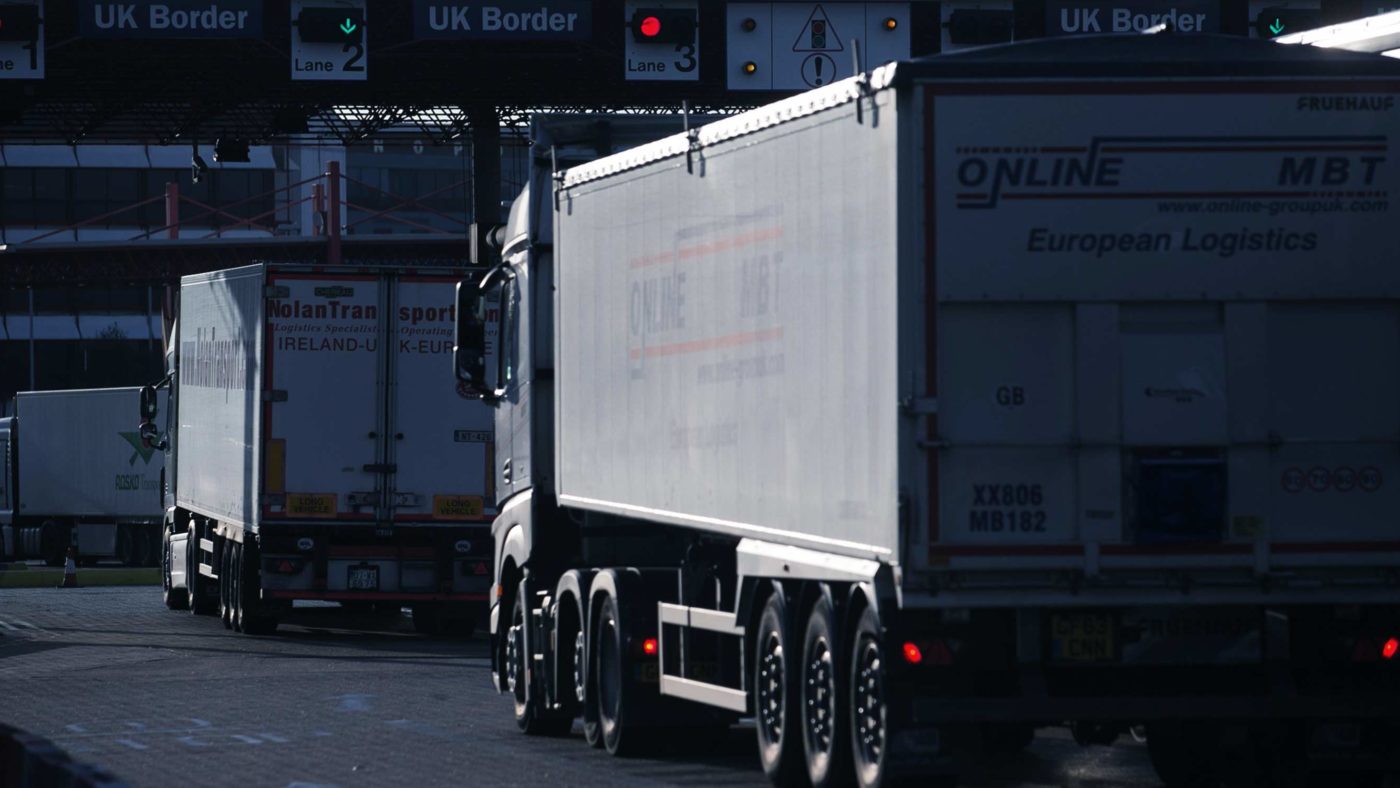Today’s publication of the UK government’s thinking regarding future UK-EU customs arrangements – the first in a series that will explain its wider Brexit strategy – is welcome. You could also argue it is long overdue.
The business community finally has something substantive to work with. That is important. After all, whatever the government eventually agrees with the EU, the private sector will be instrumental in coming up with effective ways to adjust to life outside the Customs Union.
The proposals do not contain any major surprises and there are questions that remain unanswered – some of which will be settled in the negotiations and forthcoming position papers.
So what, exactly, is the government proposing? First, that there should be a transition period for customs that largely reflects the status quo until new arrangements are ready to come into effect.
While the UK will leave the EU’s Customs Union in March 2019, a temporary UK-EU customs union, based on the legislation and procedures underpinning the existing customs union, would ensure that traders on both sides of the Channel – and everyone on the island of Ireland can carry on as before. This makes sense and provides time for the UK and its partners in the EU to implement the technology and infrastructure required to make the long-term regime work.
The government’s position on the need for a smooth transition to a new UK-EU relationship has been well trailed and should also come as a relief – if not a surprise – to negotiators in Brussels.
EU negotiators and businesses are loathe to negotiate and adjust to two sets of arrangements, one for the transition and one for the long term. Seeking to maintain the status quo for the transition has the benefit of simplicity.
The downside of maintaining a customs union with the EU for a transition is that the UK’s ability to conduct an independent trade policy during this time will be severely limited.
The government has admitted as much by saying that it will seek to negotiate new trade deals during the transition – as it should – but “it would not bring into effect” any new agreements that were “not consistent with the terms of the interim agreement.”
While not ideal, this is a tolerable price for securing a long-term deal with the EU, as long as the eventual UK-EU relationship enables the UK to fully harness the potential of new trade relationships.
It also highlights the need for any interim deal to be time-limited – the UK should proceed in good faith but cannot afford to wait forever for the conclusion of EU talks. Brexit Secretary David Davis has sensibly suggested that this period should last around two years or, at the very latest, be concluded before the next General Election, which, if the government sticks it out, would be in 2022.
What about the long-term options for customs cooperation with the EU? The UK is considering two broad options.
The first approach would be to work with the EU to harness technology and streamlined procedures to implement the most efficient customs border possible, within the broad parameters of a new free trade agreement. In Nothing to Declare, a report published in March, Open Europe explored how this could be achieved and set out why we believe this is the best option for UK-EU trade in the future.
This arrangement would entail some new compliance costs for businesses trading with the EU but would enable the UK to freely negotiate and fully exploit new agreements with faster growing markets outside the EU. It would build upon best practice in place at other borders, such as between Norway and Sweden. And the UK and the EU start with the advantage that their customs procedures are already fully aligned, since the UK already implements EU procedures, many of which can be maintained.
The second approach proposed by the UK is uncharted and untested territory when it comes to customs arrangements. It would see the UK “mirror” the EU’s customs union and require both sides to collect tariffs on each other’s behalf. The government acknowledges the complexity in its paper. Businesses would face the daunting task of tracking all the goods in their supply chains for such a system to work.
Open Europe previously concluded that this second approach would pose significant obstacles to realising the UK’s global trade ambitions. Operating a system of refunds on imports of non-EU goods for the UK market would present additional paperwork for importers of non-EU goods. It would risk creating a powerful force for inertia in the UK’s global trade policy, since every time that the UK deviated from the EU’s common tariff by negotiating more liberal deals with non-EU countries, the system for UK importers and administrators would become more complicated. It would also be more difficult to negotiate since it would require satisfying Brussels that goods attracting lower UK tariffs would not enter the EU market via the backdoor.
Finally, these ideas are now open to public debate. Businesses can now provide practical advice on how either of these approaches might be made to work.
We should remember much still depends on the EU’s approach to these questions, which we still know very little about. The advantage of a longer transition is that greater thought can be given to the UK’s long-term interests. The EU will remain an important market, but the new customs arrangements should maximise the UK’s ability to diversify globally.


